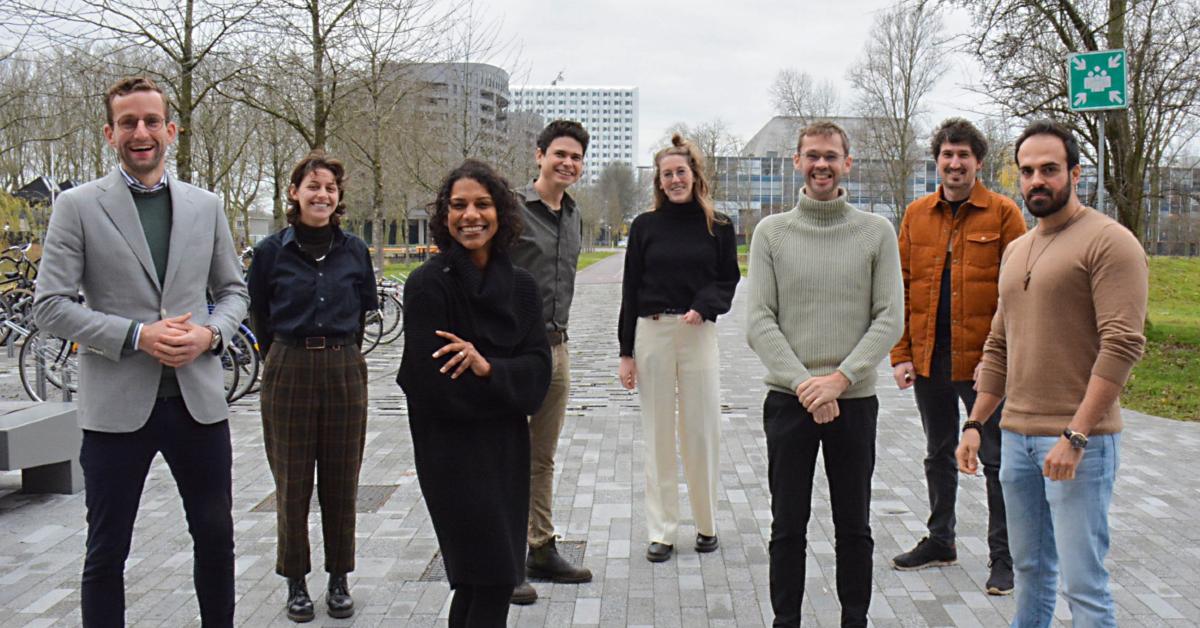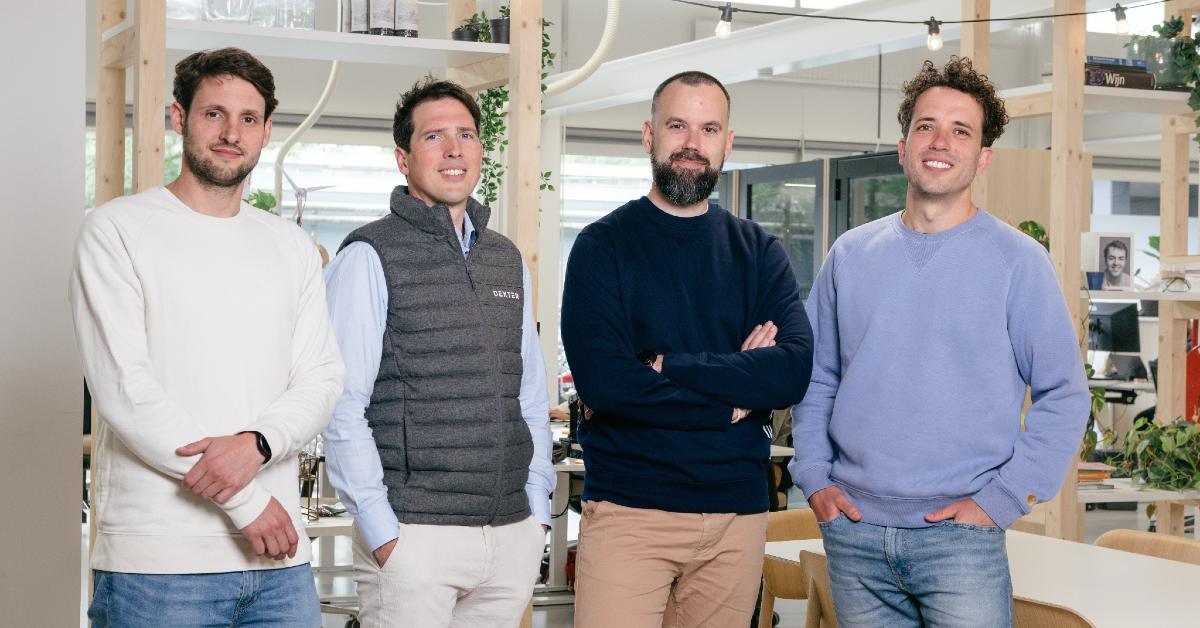London-based Raft, an intelligent logistics platform that claims to rewrite the technology playbook for freight forwarders and customs brokers in the automation era, announced on Tuesday that it has secured $30M (approximately €27.26M) in a Series B round of funding.
Raft says it will utilise the funds to expand the development and implementation of its automation technologies, boost data sharing throughout the ecosystem (including mission-critical emissions and visibility data), and broaden the company’s market reach.
Investors supporting Raft
The round was led by global VC investor Eight Roads with participation from existing investors Bessemer Venture Partners, Episode 1, Dynamo Ventures, and Moguntia Capital.
Michael Treskow, Partner at Eight Roads, says, “We are excited to partner with Raft on their path to help the global logistics industry scale through automation and data-driven decision-making.”
“The team has leveraged a combination of industry expertise and cutting-edge AI to build a product that delivers immediate value to its customers. There are many more concrete pain points Raft can solve for the industry, and we look forward to the team executing on their vision,” adds Treskow.
The intelligent logistics platform
Founded in 2017, Raft (previously Vector.ai) assists key players in the logistics sector in applying artificial intelligence to their regular tasks and client interactions.
Co-founder James Coombes, says, “We founded Raft as an AI-first company because we saw an opportunity to empower freight forwarders and customs brokers with technology, and take pressure off their operational teams so that they could focus on their customers instead of their keyboards.”
He continues, “We’ve always been clear about focusing on specific parts of the shipment lifecycle where automation has the highest ROI. We recognised early on the pain points around accounts payable reconciliation and customs entry preparation, and we’ve since grown the product to help automate areas such as warehousing, booking confirmations, and more.”
“We quickly understood that our customers don’t want separate solutions for each of these areas, they want one AI platform that offers best-in-class automation across the length and breadth of their business. That’s Raft,” adds Coombes.
Raft’s newly released shipment portal allows customers to share both internal and third-party data with their end-customers including tools like multi-source container visibility, emissions reporting, and quote-to-book, an all-in-one digital portal that integrates with their Track Management System (TMS).
The company’s platform is accelerating automation and creating an opportunity to bring its data and insights to the customer-facing side. This intention was made clear with Raft’s release of a digital shipment portal that enables freight forwarders and customs brokers to better connect with their end-users.
Coombes says, “We see AI as an enabling force for a new way of working in logistics. AI can help make sense of complex and sometimes chaotic human processes, allowing them to be completely digital for the first time as well as more efficient and collaborative.”
“One thing we noticed is that our customers struggled to take the fragmented data that sits across their business and serve it digitally to their shipper end-customers. We have clean AI-standardised data, broad exposure across the shipment lifecycle, and existing integrations across the ecosystem, and so we felt like we were well placed to offer that,” adds Coombes.
Raft’s clients include 40 per cent of the A&A’s Top 25 Global Freight Forwarders List and global customers like EMO Trans, OIA Global, The Scarbrough Group, NNR Global Logistics, and Navia Freight.
Since its inception, the Raft team has expanded to over 95 employees in the UK, India, and the US, with further additions planned across product, engineering, and commercial areas over the next year.










01
From telecom veteran to Dutch Startup Visa success: The Jignesh Dave story